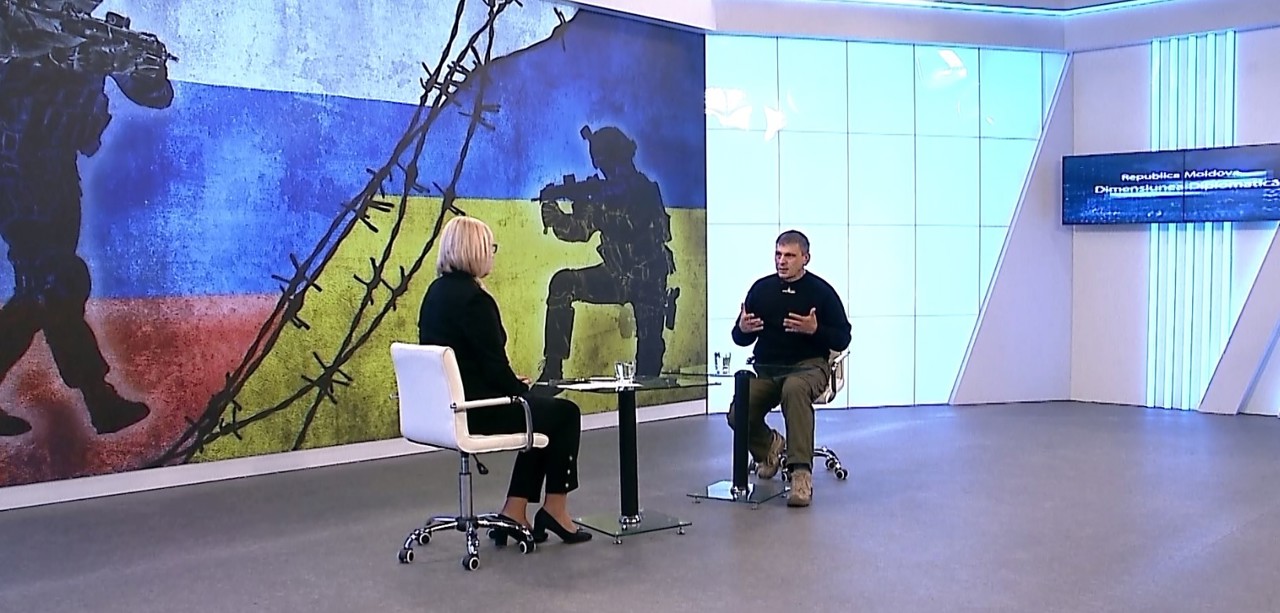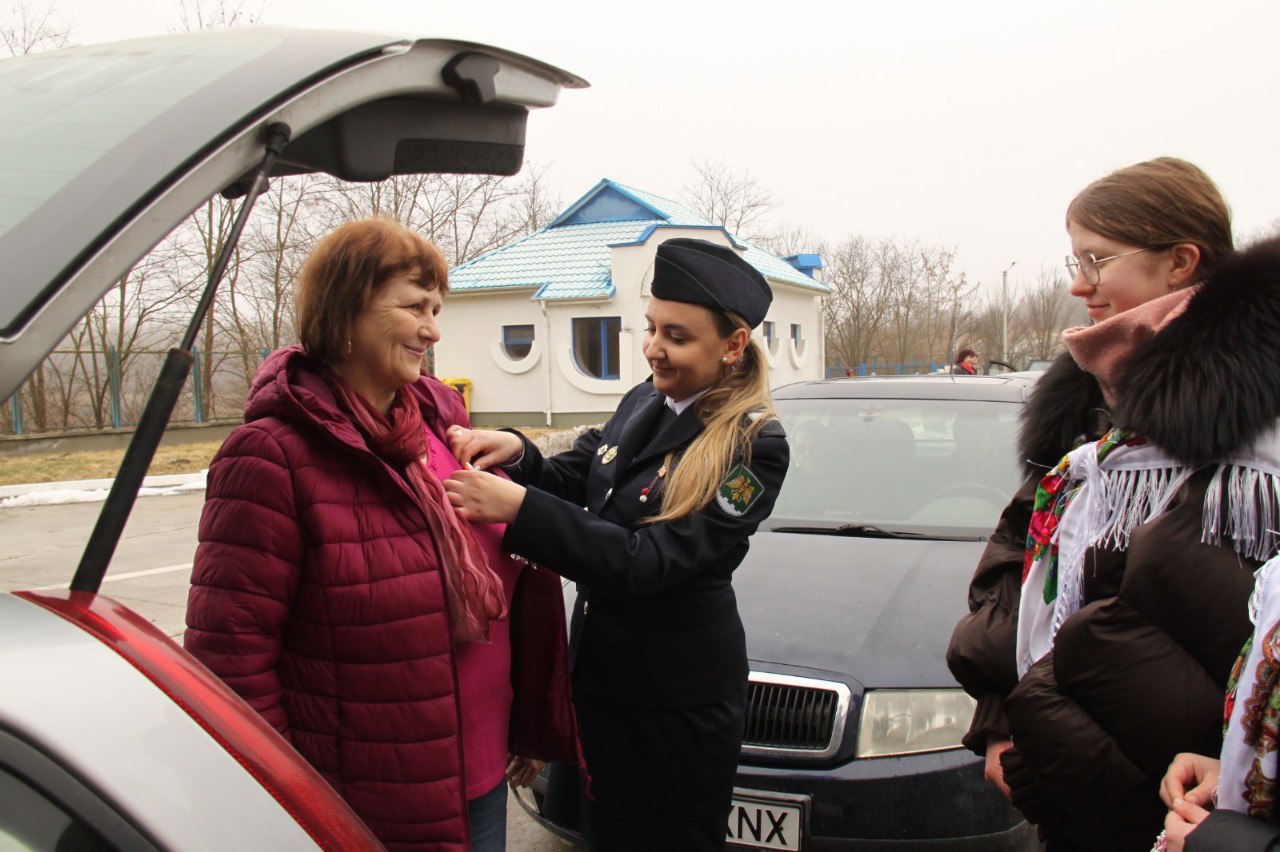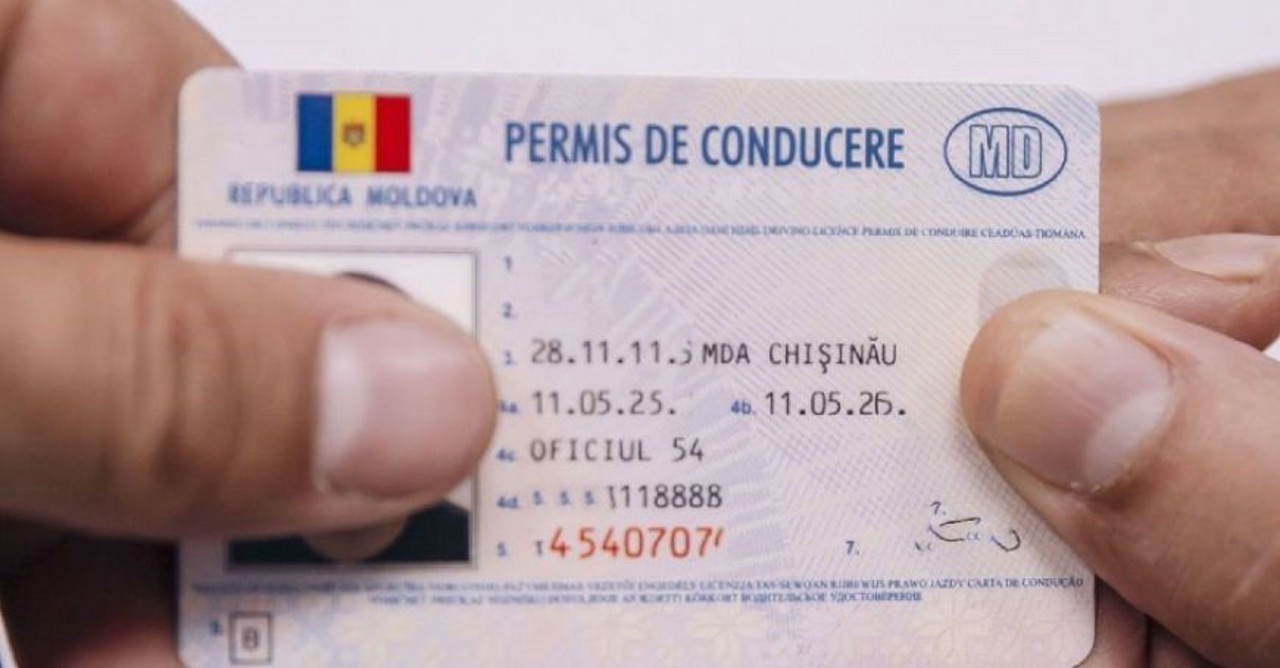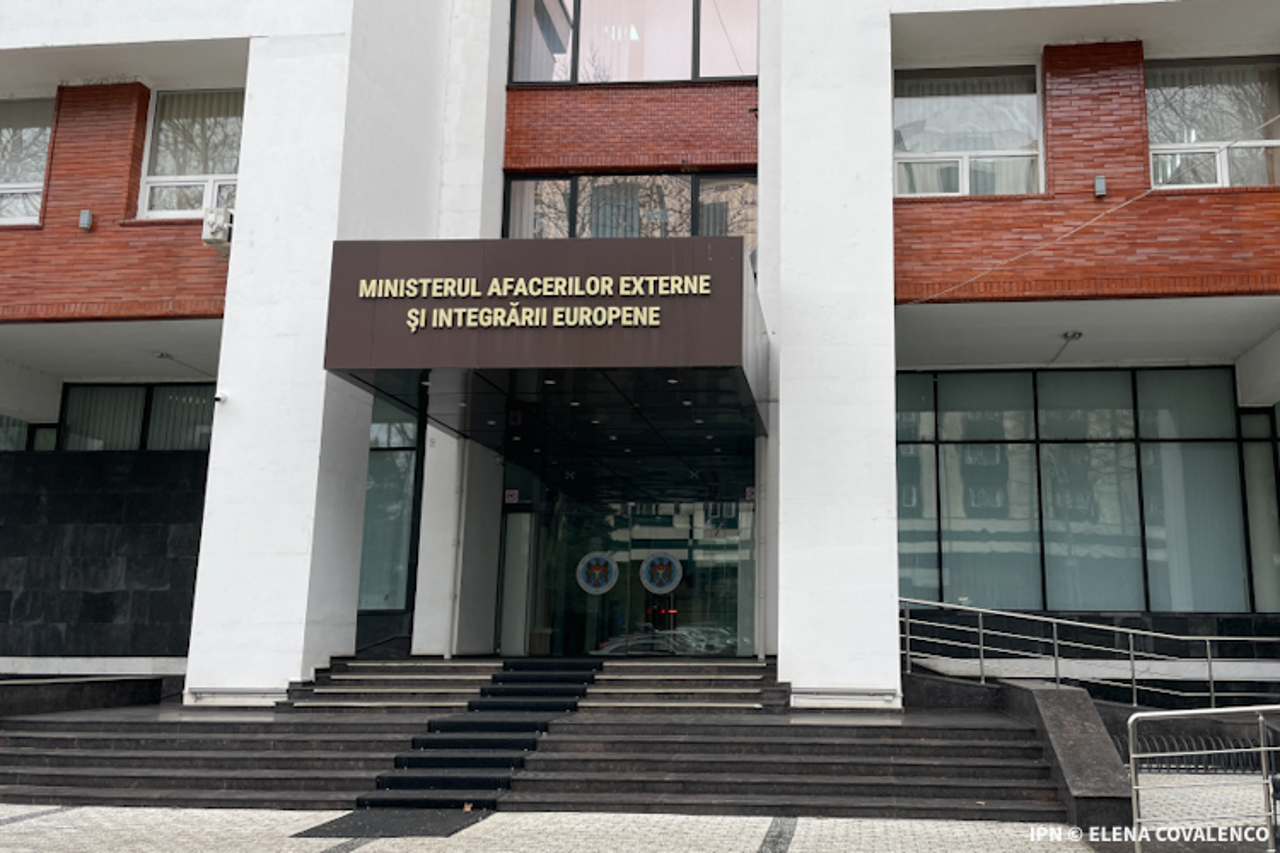Moldova urged to sever Russian ties for European future
The Republic of Moldova must urgently take measures to sever its ties with Russia as completely as possible.

Primarily, it should dismantle Russian propaganda, reduce Russian influence—including economic influence—and resolve the Transnistrian conflict. According to war correspondent Andrei Tsaplienko, these factors weigh heavily on the country, impeding its progress toward Europe.
In an interview on the “Diplomatic Dimension” program on Moldova 1, the Ukrainian journalist underscored that the narrow margin in the referendum on European Union membership highlighted Moldova’s vulnerability to Russian interference. Manipulated by Russian propaganda, many voters effectively sold their votes, choosing instead the dark vision of the so-called “Russian world.”
“I believe that, as a first step, Moldova should eliminate Russian propaganda and influence. Upon entering Moldova, I noticed certain peculiarities: the Russian Yandex app operates here, and Lukoil gas stations are present. Do you not see that, by using these, you are indirectly funding the war and contributing to your own demise through Russian money and influence? Moldova must break as fully as possible from Russia, starting with propaganda, then addressing economic dependence, and finally resolving the Transnistrian issue. These are three fundamental burdens weighing you down,” Tsaplienko asserted.
The Transnistrian region functions like a malignancy, anchoring Moldova in a zone of instability and stalling its progress. For Ukraine, it serves as a forward base for hostile activities.
“The Ukrainian army could resolve the Transnistrian issue without needing to redeploy troops from the east or north of the country. Of course, Ukraine will not act, as Transnistria is sovereign Moldovan territory, and without an official request from Moldova, Ukraine will not intervene. Yet if a military threat arises, I believe the Transnistrian issue could be resolved swiftly,” stated the journalist.
Tsaplienko further remarked that the situation at the front remains exceptionally challenging; people are weary of war, and not everyone is willing to fight, though the majority still maintain optimism for Ukraine’s victory. Notably, Tsaplienko regularly reports from the front lines. Since 2001, he has covered over ten armed conflict zones, including Afghanistan, Iraq, and South Ossetia. In March 2014, during Russia’s military actions in Crimea, he was captured and tortured by armed pro-Russian activists after filming Russian troops assaulting and besieging a Ukrainian military base in Sevastopol.
Translation by Iurie Tataru




